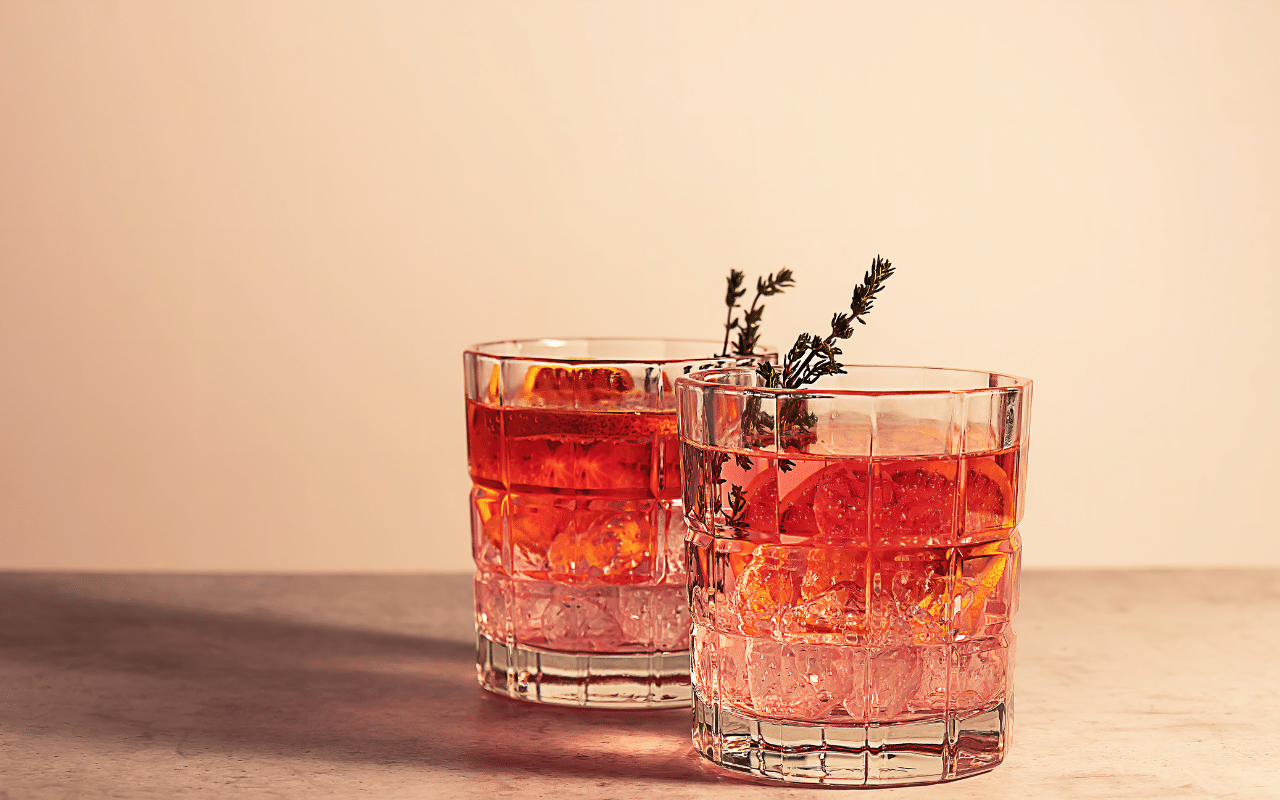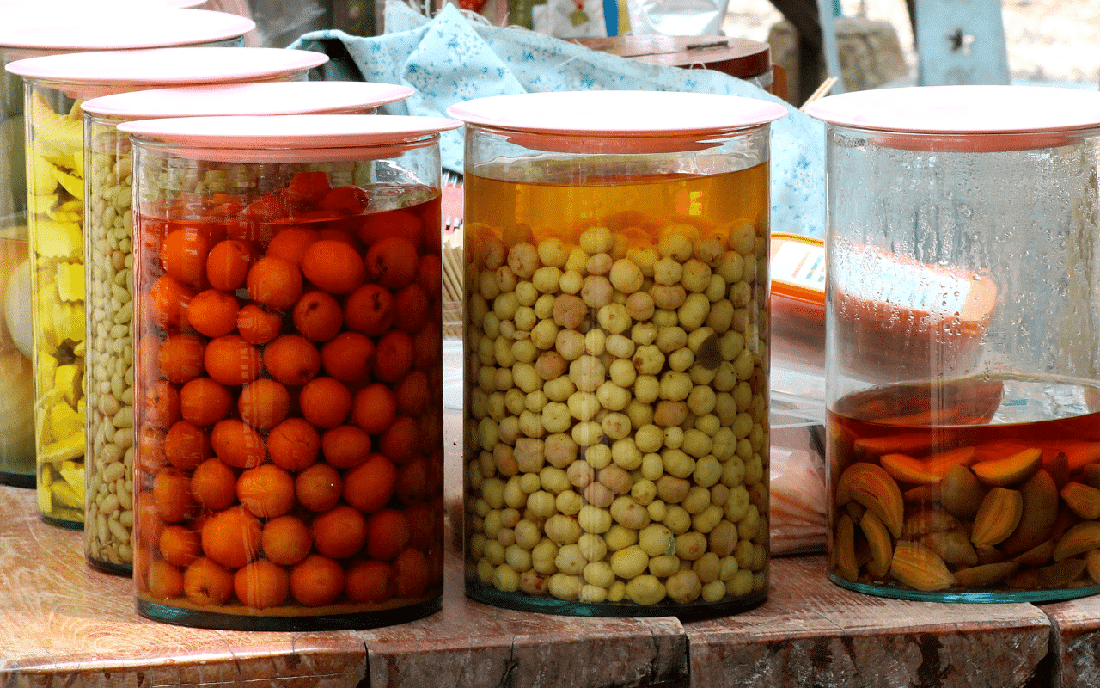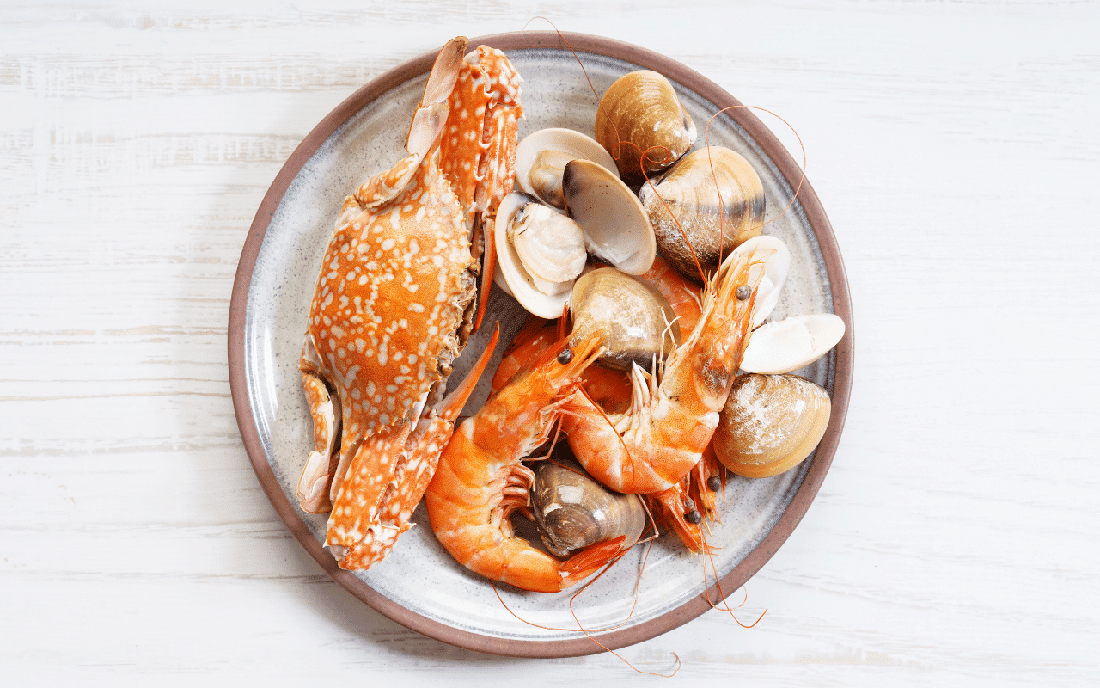Following surgery, it's essential to focus on your diet, as certain foods can hinder healing, cause inflammation, or increase the risk of infection. At Kamol Hospital for Cosmetic Surgery, we aim to inform you about the foods you should avoid after your procedure and when it’s safe to reintroduce seafood into your diet. This way, you can make healthier choices as you recover.
Foods to Avoid After Surgery
If you’ve recently undergone surgery—be it breast augmentation, facial surgery, lip reshaping, double eyelid surgery, or any other procedure—it's important to prioritize nutritious foods that promote recovery. Additionally, you should steer clear of specific foods during the postoperative period to ensure optimal healing and minimize complications. Here are the foods you should avoid:
Alcohol:Completely refrain from consuming any alcoholic beverages.

Dietary Restrictions After Surgery: What to Avoid
After undergoing surgery, paying special attention to your diet is essential for a smooth recovery. Certain foods and beverages can impede healing, increase inflammation, or even lead to infection. Below are key dietary guidelines to follow during your recovery:
1. Alcohol and Caffeinated Beverages
It is crucial to avoid alcohol and caffeine for the following reasons:
Impaired Blood Circulation: Both alcohol and caffeine can disrupt normal blood flow and waste elimination, leading to increased inflammation and swelling.
Delayed Wound Healing: Alcohol can interfere with the healing process by damaging newly formed tissue and raising the risk of infection.
Medication Interaction: Consuming these beverages can diminish the effectiveness of post-surgical medications, compromising your recovery.
Risk of Dehydration: Alcohol contributes to dehydration, which can thicken the blood and hinder circulation.
Caffeine Effects: The caffeine found in coffee can strain your cardiovascular system, potentially increasing heart rate and blood pressure, which may lead to headaches and dizziness.
To support optimal healing, it’s best to avoid all alcoholic beverages, tea, and coffee until your wounds have healed completely. For specific recommendations, consult your doctor about when it is safe to reintroduce these items.
2. Spicy and Strongly Flavored Foods
Following surgery, it’s advisable to steer clear of foods that are heavily spiced or have strong flavors, such as those that are overly salty, sweet, or spicy. Here’s why:
Increased Inflammation: Spicy foods can exacerbate swelling and inflammation, making it harder for your body to recover by hindering blood circulation.
Gastrointestinal Distress: Spices like chili and pepper can irritate your stomach and intestines, potentially leading to excessive acid production, heartburn, bloating, or gastric ulcers.
Digestive Issues: Strongly flavored foods can trigger diarrhea, which can lead to the loss of vital fluids and electrolytes. This is particularly concerning post-surgery, as hydration and nutrient balance are critical for recovery and wound healing.
3. Fermented Foods
It’s also advisable to avoid fermented foods during your recovery, as they can disrupt your digestive system and impact healing.

After surgery, it's important to avoid fermented foods due to the increased risk of infection and other complications related to your surgical wounds. Here’s why:
High Bacterial Content: Fermented foods often harbor a significant amount of bacteria, which can potentially lead to inflammation or infection at the surgical site.
Excess Sodium: These foods are typically rich in salt because of the fermentation process, which can contribute to swelling around the incision.
Spicy Ingredients and Acidity: Many fermented foods contain spices or high acidity levels, which can increase acid production in the stomach, causing discomfort such as heartburn.
Gastrointestinal Discomfort: The microorganisms and acids in fermented foods may also cause bloating and other digestive issues.
To ensure a smooth recovery, it's best to avoid fermented foods until your wounds have completely healed and your body has regained its strength.
4. Vitamins and Supplements
It's also advisable to refrain from taking vitamins and supplements after surgery for several reasons:
Potential Drug Interactions: Some vitamins may interfere with the effectiveness of post-surgery medications, which can compromise your recovery.
Impact on Wound Healing: Certain vitamins can hinder the healing process, increasing the risk of complications.
Effects on Circulation: Some supplements can affect blood flow, potentially leading to swelling and inflammation at the surgical site.
If you feel the need to take any vitamins or supplements during your recovery, consult your surgeon or healthcare provider first. They can provide personalized guidance on what is safe and appropriate for your situation.
5. When Can You Eat Seafood After Surgery?
The timeline for reintroducing seafood into your diet may vary depending on your individual recovery and the type of surgery performed. Generally, it is advisable to wait at least two weeks post-surgery before consuming seafood, allowing your body ample time to heal. However, it's always best to consult your doctor for tailored advice based on your specific recovery progress.

Frequently Asked Question After Surgery: When Can You Eat Seafood?
A common question following surgery is, “How long should I wait before eating seafood?” It is generally advisable to avoid seafood for the first 1 to 2 weeks after your procedure. Consuming seafood too soon can increase the risk of allergic reactions, itching, swelling, or inflammation. After this initial period, you may reintroduce seafood into your diet based on your doctor’s advice, who will evaluate your surgical site and recovery progress.
If you're considering cosmetic surgery or seeking more information about beauty treatments, feel free to contact Kamol Hospital. Our team of skilled and experienced doctors offers a variety of surgical options, and we are proud of our high patient satisfaction rates and numerous positive reviews. You can trust that you will receive the quality care you deserve.
At Kamol Hospital, we provide comprehensive beauty services and are always here to assist you!

